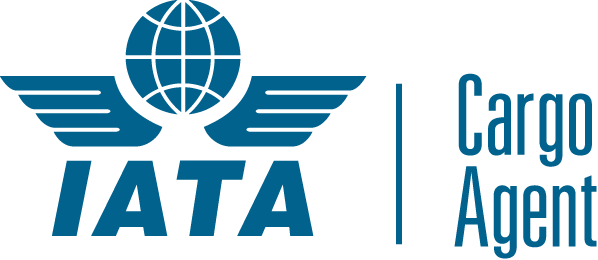As our customer, you can rest assured that customs matters are an integral part of the freight and logistics services we offer. You always have easy access to your own specialist in the team for any questions you may have. The foundation of the customs team's work is customs declarations in trade with countries outside the EU.
We are accustomed to, and deal with daily, all the issues that arise in connection with customs matters related to import and export. This can include import and export declarations, transit, customs warehousing, veterinary goods, Intrastat, AEO, quotas, licenses, and passive or active processing.
With extensive experience in customs matters, we provide specialist knowledge. You always have the same team at your disposal, working on your assignments. A tightly knit group that understands your needs and preferences. With us, you always know who you are talking to. A specialist in customs.

Some examples of types of declarations and procedures:
Transit: Moving goods within or through one or more countries without paying import duties. Transit is used, for example, if the goods are not to be cleared through customs upon arrival or at the border crossing.
Approved consignee: We can act as your agent and help you finalize transits arriving at your warehouse.
Standard customs declaration (IMDS and IMDP): The goods are declared for customs clearance upon importation, and customs duties and any other taxes are paid. Import VAT is reported directly to the Swedish Tax Agency for companies registered for VAT in Sweden. For individuals and companies not registered for VAT in Sweden, import VAT is handled the same way as customs duties. Import declarations can be made directly at the border or from a customs warehouse or temporary storage.
Simplified declaration upon import (IFDS and IFDP): The goods are declared for customs clearance upon importation, but no duties are paid until the supplementary import declaration is submitted.
Supplementary declaration (IKDS): After a simplified import declaration has been made, a supplementary declaration must be submitted to the Swedish Customs and duties paid. Import VAT is handled in the same way as in a standard declaration.
Temporary admission: Importing goods temporarily for subsequent re-export in unchanged condition. The importer may deposit customs duties (and VAT if applicable) when applying directly in the import declaration, but may fully or partially recover them when the re-export is reported to the Swedish Customs. Temporary admission is used, for example, for exhibitions or professional equipment.
Active processing: If goods are to be processed and subsequently exported as a processed product, active processing may be used. This means the importer can avoid paying import duties upon importation or that the customs duties are refunded upon re-export to a country outside the EU.
Deferred payment (credit with the Swedish Customs): If the importer does not have their own credit with the Swedish Customs, Infranordic's credit as an agent can be used. We then act as a payment intermediary with the Swedish Customs, and the importer pays the fees to us instead. Import VAT is handled according to the normal procedure above.
Transit: We perform all types of transits, both for regular goods and sensitive goods. Transiting goods involves moving them within or through one or more countries without paying import duties. Transit is used, for example, when goods are to be exported from a customs or temporary warehouse without paying import duties in the EU, or if one wants to clear the goods at another location at the border.
Export declaration: An export declaration is made when EU goods are to be sent from the EU to a third country and for goods that are re-exported (for example, after storage in a customs warehouse, active processing, or temporary admission).
Temporary export: If you need to exhibit at a trade fair or perform work in another country and need to bring professional equipment, you make a temporary export, which means you declare the goods for export and re-import them in unchanged condition.
Passive processing: EU goods are sent from the EU to a third country and then re-imported after being processed. When the goods are re-imported, customs duties are paid only on the processing cost. A common reason for using this procedure is when a product needs to be sent outside the EU for repair.
Other: Intrastat: We can assist with Intrastat reporting if your company needs to report this to Statistics Sweden (SCB).
Klippan 1A
Box 12073
SE-402 41 Gothenburg, Sweden
Besök/Visit: Klippan 1A, 414 51 Göteborg
Öppet/Open 08:00-17:00, 15/5-15/9 08:00-16:00


